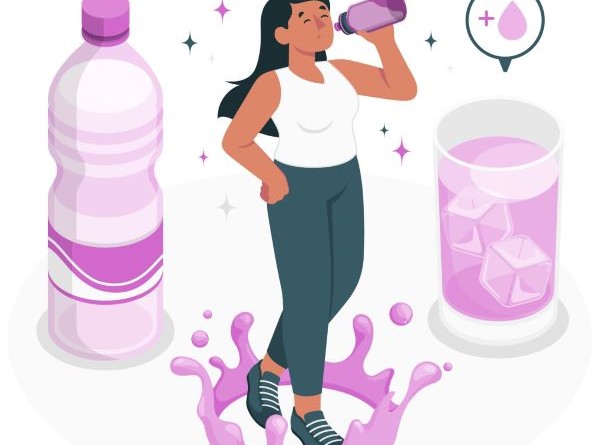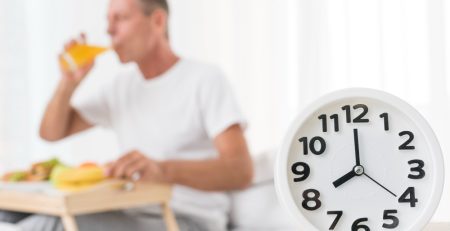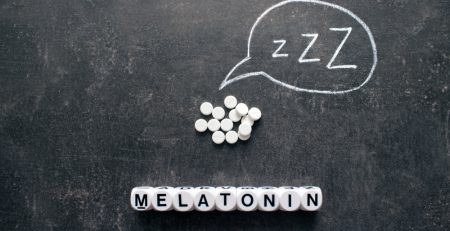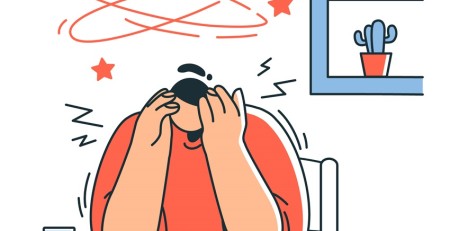How to Maintain Healthy Electrolyte Levels
Electrolytes are crucial for maintaining proper hydration, muscle function, and nerve signaling. As we age, maintaining adequate electrolyte levels becomes even more important due to changes in metabolism, kidney function, and physical activity levels. This guide provides practical advice on meeting electrolyte needs through drinks, foods, and general lifestyle practices
What Are Electrolytes and Why Are They Important?
Electrolytes are minerals in your body fluids, such as sodium, potassium, calcium, magnesium, chloride, and phosphate, which help:
- Balance fluid levels in the body
- Support muscle contraction and relaxation
- Transmit nerve signals
- Maintain heart rhythm
Top Recommended Electrolyte Drinks
1. Commercial Electrolyte Drinks
- Pedialyte: Originally designed for children, Pedialyte is excellent for rehydration and balancing electrolytes in adults, especially during illness or dehydration.
- Liquid I.V. Hydration Multiplier: A powdered drink mix offering high doses of electrolytes and vitamins.
- Nuun Sport Tablets: Dissolvable tablets available in various flavors, low in sugar and high in essential electrolytes.
- Gatorade Zero: Offers electrolytes without added sugar, ideal for hydration during physical activity.
- Coconut Water (e.g., Vita Coco, Harmless Harvest): Naturally rich in potassium and low in calories, it’s a great alternative to sugary sports drinks.
2. Drinks for Medical Needs
- Electrolyte solutions like DripDrop ORS (Oral Rehydration Solutions): Effective for severe dehydration.
DIY Electrolyte Drinks
Creating your own electrolyte drinks at home is cost-effective and customizable:
Homemade Electrolyte Drink Recipe
- 2 cups water
- 1/4 teaspoon salt (sodium chloride)
- 1/2 teaspoon baking soda (sodium bicarbonate)
- 2 tablespoons sugar or honey
- 1/2 cup orange juice or lemon juice (for potassium and flavor)
- Mix and drink chilled.
Coconut Water Blend
- 1 cup coconut water
- 1/2 cup unsweetened fruit juice (like orange or pineapple)
- Pinch of sea salt
Herbal Tea Electrolyte Drink
- 2 cups herbal tea (e.g., chamomile or ginger tea)
- 1/4 teaspoon Himalayan pink salt
- 1 tablespoon honey or maple syrup
Electrolyte-Rich Foods
Incorporate these foods into your diet to naturally boost your electrolyte levels:
Sodium
- Pickles and olives
- Broths and soups (low-sodium options for better heart health)
Potassium
- Bananas
- Sweet potatoes
- Spinach and kale
- Oranges and tomatoes
Calcium
- Dairy products like milk, cheese, and yogurt
- Fortified plant-based milk (almond, soy)
- Sardines and salmon with bones
Magnesium
- Nuts and seeds (almonds, pumpkin seeds)
- Whole grains (quinoa, brown rice)
- Dark chocolate
General Advice for Maintaining Electrolyte Balance
- Drink Adequate Water
Stay hydrated, but avoid overhydration, which can dilute electrolytes. - Monitor Symptoms of Electrolyte Imbalance
Symptoms like muscle cramps, fatigue, confusion, or irregular heartbeat can signal imbalance. - Consider Activity Levels and Climate
- Increase electrolyte intake during hot weather or after exercise.
- Balance intake when ill (e.g., vomiting, diarrhea).
- Limit Processed Foods
While these may contain sodium, they often lack other essential electrolytes and are high in unhealthy additives. - Speak with Your Doctor
For older adults with medical conditions (e.g., kidney issues, heart disease), consult a healthcare provider about your specific electrolyte needs.
Maintaining healthy electrolyte levels is essential for overall well-being, especially as we age. By incorporating electrolyte-rich drinks, foods, and simple DIY solutions into your routine, you can support your body’s hydration, muscle, and nerve functions. Always listen to your body and consult a healthcare provider for personalized recommendations.









